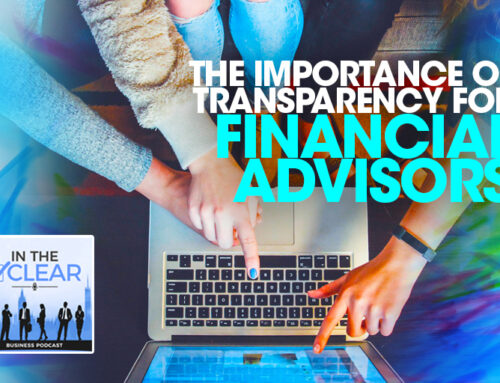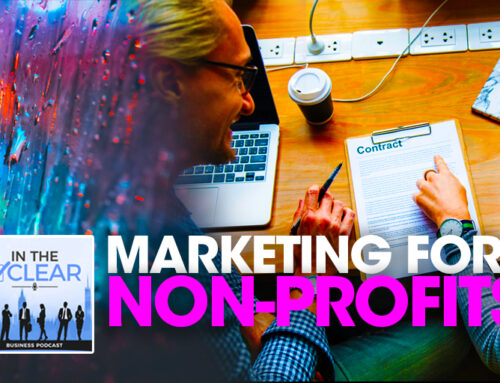When we started off in this world, coming out of government, we saw that there really was no process for vetting businesses. What’s interesting is that all of us are trained to expect some sort of screening process or due diligence process when it comes to employment. That’s a given. You fill out the application, you know they will check references (or they should, of course). Maybe it’s not the best system. What we didn’t see was a system for how to look into businesses before hiring them.
You go to a business’s website; if they have one, they must be a legitimate company. Maybe you pick up the phone to call somebody, and you’ll hire them for something you need. That doesn’t always work.
It’s a throwback to the good old days. We had the Yellow Pages or the Mom and Pop shops. With the advent of the Internet, we like to say all the time that it’s easy to make yourself look good online. Everybody does a bit of work making all the social media and website stuff match up, and you can create a really good profile for a business that looks legit.
What business owners should be doing, if you’re looking into hiring a business, you really have to stop and think: What do I need to know about this business before I engage them? What are the deal breakers? What are the expectations or details that you have that you need to know before you hire somebody?
Let’s be clear. When we talk about hiring a business or engaging a business, it could be something as simple as: You need logos done, or you need a website created, or you need a vendor for a particular event that you’re getting ready to do. A lot of people don’t ever think of the risk to their business or brand’s reputation when they get involved with vendors or service providers.
One of the easiest things people could do is play the “What if?” game. What if it doesn’t work out? What if I need to get my money back? What if they don’t deliver on time? Ask those questions. If they don’t have a simple form or FAQ on their website, or it’s not addressed in the contract, those are additional questions you need to be asking.
Don’t assume everything is on the up-and-up. Don’t take everything a person says on face value. You do want to think about what you really know in the situation. We talk about that all the time. What do you really know about this business? What do you know about their track record? Other than what you see online. You had a really solid point about: if you don’t have the right answers or enough answers to make an informed decision, make sure you’re asking some of those questions.
Ask things like, “How do I get a refund?” “What happens if you don’t deliver on time?” Sit with and figure out what you need to know that is specific to your business because it’s different for everybody. Ask those questions. Once you ask the questions, verify that information even more.
We would love it if everybody would ask, “What are the deliverables?” before hiring a consultant or something like that. People come to us all the time and say, “We have engaged so-and-so to help us with our business.” Why? What are they going to do for you? Most of the time they don’t know. They just feel like they need some help, so they seek someone, but there is no discussion about the deliverables, or the contract is vague. It’s a bad idea to hand over money to somebody on a hope and a prayer because a hope and a prayer is not due diligence. You should never assume anything, especially if it’s going to push your limits for your risk aversion level.
The biggest reason why people don’t ask the questions is that they feel that if they ask that question, they don’t know any more than they did. They get an answer back, and what do they do with it? We tell people all the time how you ask the question is pretty significant. It’s the difference between, “Have you made many websites like this?” versus, “How many websites like this have you created?” That will get you an answer, something that is quantifiable, something that can be verified.
Make sure you are asking the hard questions, and then go verify the answers that you get because if you don’t verify the information, you might as well not ask the question in the first place.
If you know how to verify that information, we have all kinds of resources on the website, Clearbusinessdirectory.com. There is a whole “Do It Yourself” kit. There are resources available. If you want to do solid due diligence with your business, make sure you are thinking this process through a bit.
You can also check out The Business Directory at clearbusinessdirectory.com for members that have already been screened for frauds and scams. By looking at the directory, you know you will be getting involved with someone who is legitimate.




